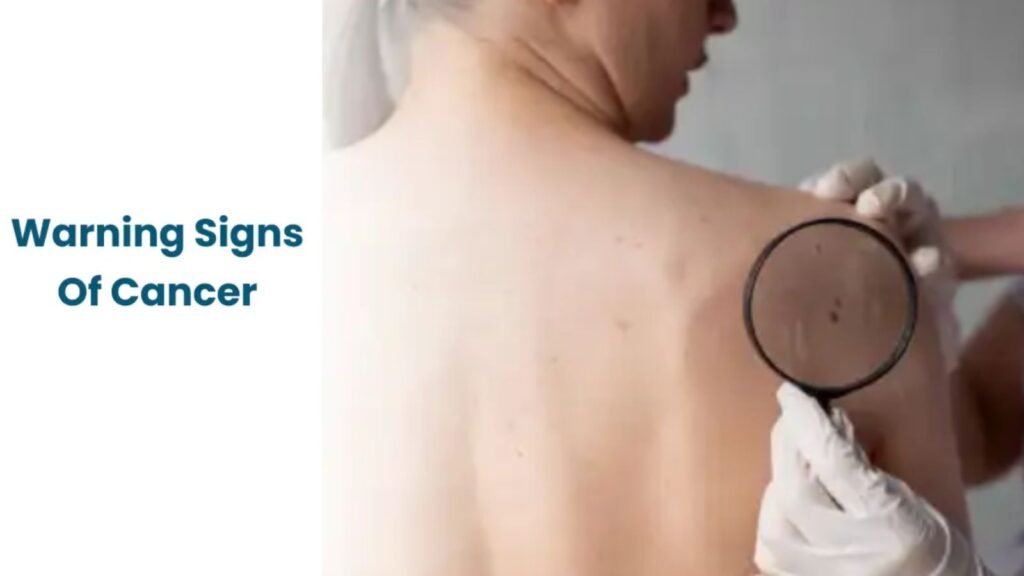10 Early Cancer Warning Signs You Shouldn’t Ignore

10 Early Cancer Warning Signs You Shouldn’t Ignore
Spotting symptoms early can save lives – here’s what to watch for.
Cancer often develops quietly, with early symptoms that are easy to overlook or mistake for minor health issues. However, early detection can significantly improve the chances of successful treatment. Health experts urge people to stay alert to symptoms that persist for more than a few weeks. Here are 10 important signs that may point to cancer and require medical attention:
1. Skin Changes
Keep an eye on any new or changing growths on your skin. Warning signs include changes in the shape, size, or color of moles or spots, especially if they itch or bleed. Use the ABCDE rule (Asymmetry, Border, Color, Diameter, Evolving) to monitor potential skin cancers like melanoma.
2. Unexplained Weight Loss
Losing over 10 pounds without diet or lifestyle changes could signal cancers of the stomach, lungs, pancreas, or esophagus. Though weight loss can occur for various reasons, unexplained loss should be medically evaluated.
3. Ongoing Fatigue
Constant tiredness, even after rest, may be linked to cancers such as leukemia or lymphoma. If fatigue is interfering with daily life and persists, don’t ignore it.
4. Lumps or Swelling
New or growing lumps in areas like the neck, armpits, groin, or breast could indicate cancer. Hard or persistent lumps that don’t go away should be checked by a doctor.

5. Persistent Cough or Hoarseness
A cough or hoarseness lasting more than three weeks may signal lung, thyroid, or throat cancer. If it lingers, get it examined.
6. Unusual Bleeding
Bleeding that is out of the ordinary—such as between periods, in urine or stool, or while coughing—can be associated with cancers of the cervix, bladder, lungs, or colon. Any unexplained bleeding is a red flag.
7. Changes in Bowel or Urinary Habits
Persistent constipation, diarrhea, frequent urination at night, or trouble urinating may indicate colon, bladder, or prostate cancer. Monitor changes that are unusual for your normal routine.
8. Mole or Wart Changes
A mole or wart that grows rapidly, becomes darker, or changes in texture might be a sign of skin cancer. Look out for any new or evolving spots.
9. Indigestion or Difficulty Swallowing
If you experience frequent indigestion, pain while swallowing, or a feeling of food stuck in your throat or chest, it could point to cancers of the esophagus or stomach.
10. Delayed Diagnosis or Misinterpreted Symptoms
Many early cancer signs mimic common conditions and may be misdiagnosed or ignored. People often attribute symptoms to aging, stress, or diet. Even healthcare professionals might miss vague symptoms. Don’t hesitate to seek a second opinion if something feels off.
While not all persistent symptoms mean cancer, ignoring them can be dangerous. Early diagnosis remains one of the most powerful tools against cancer. If you notice unusual or lasting changes in your body, consult a medical professional promptly. Taking action early could save your life.












